Acupuncture

About
The philosophy of acupuncture is rooted in ancient Taoist principles which describe life and its change and transformation in a very detailed manner. Acupuncture was developed as ancient people deepened their understanding of how the human body perfectly reflects all other systems in nature, including ecosystems and the cosmos. Over centuries it was passed down from sage to pupil, with each generation building upon the wisdom they received.
At Nuwa Integrative Wellness, we overlay the ancient principles of acupuncture with a modern, research-based knowledge, resulting in enjoyable treatments and positive outcomes.
What To Expect
Acupuncture consists of the insertion of very thin, virtually painless pins into specific points on the body, stimulating the body’s innate ability to balance itself and recover from illness. Patients frequently report that treatments are extremely pleasant and relaxing.
Acupuncture may be able to help you achieve specific health goals — but if you don’t have any significant problems at hand, general, common benefits reported by many of Dr. Eastin’s patients include better moods, less negative impact by stress, more feelings of joy and connection, balanced menstrual cycles, less allergies and illnesses, and improved energy, libido, sleep, digestion, and skin.
How It Helps
Acupuncture has been shown to significantly help gynecological and obstetric issues of all sorts, as well as pain, digestive complaints, anxiety, depression, sleep difficulties, skin issues, pain, immunological conditions, and much more.
In Chinese medicine terms, acupuncture helps to balance, strengthen, and smooth out the flow of energy in the body, so that the body can function more efficiently in the physical, emotional, mental, and spiritual realms. In terms of a modern, biomedical perspective, the stimulus from acupuncture needling creates a cascade of signaling throughout the connective tissue, involving the blood, nerves, and immune system.
A great deal of quality modern research has demonstrated specific benefits to the practice of acupuncture and various mechanisms for its effects have been investigated. To learn more, we recommend referring to the following studies:
Cheng K. Neurobiological mechanisms of acupuncture for some common illnesses: a clinician’s perspective. J of Acupuncture and Meridian Studies. June 2014;7(3):105-114
Han J, Terenius L. Neurochemical basis of acupuncture. Annual Review of Pharmacology and Toxicology. 1982;22:193-220.
Melzack R, Stillwell D, et al. Trigger points and acupuncture points for pain: correlations and implications. Pain. 1977 Feb;3(1):3-23.
Clement-Jones V, et al. Increased beta-endorphin but not met-enkephalin levels in human cerebrospinal fluid after acupuncture for recurrent pain. Lancet. 1980, Nov 1;2(8201):946-949.
Hui K, Liu J, et al. Acupuncture modulates the limbic system and subcortical grey structures of the human brain: Evidence of fMRI studies in normal subjects. Human Brain Mapp. 2000;9(1):13-25.
Ding S, Hong S, et al. Acupuncture modulates the neuro-endocrine-immune network. QJM: An International Journal of Medicine. May 2014;107(5):341-345.
